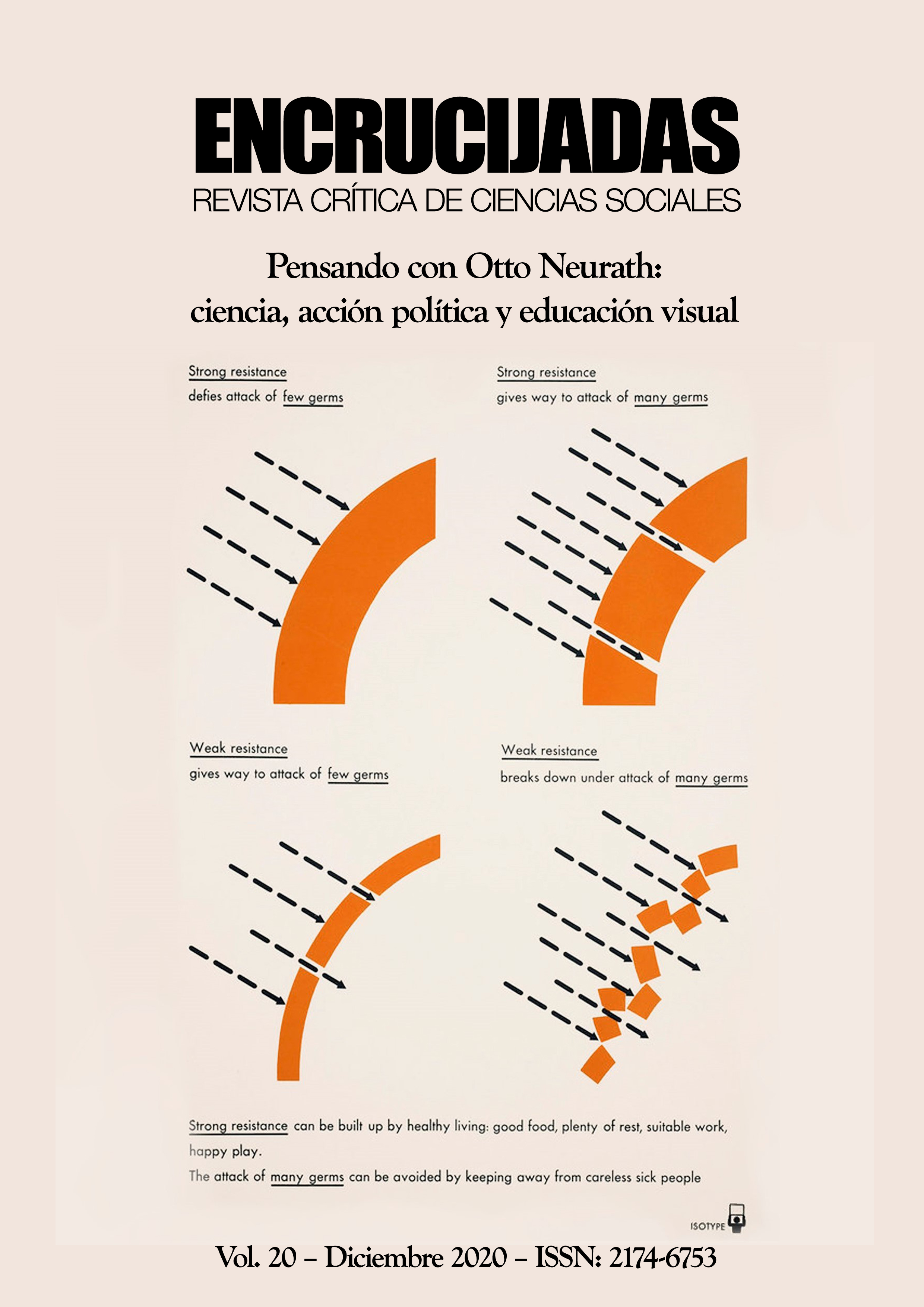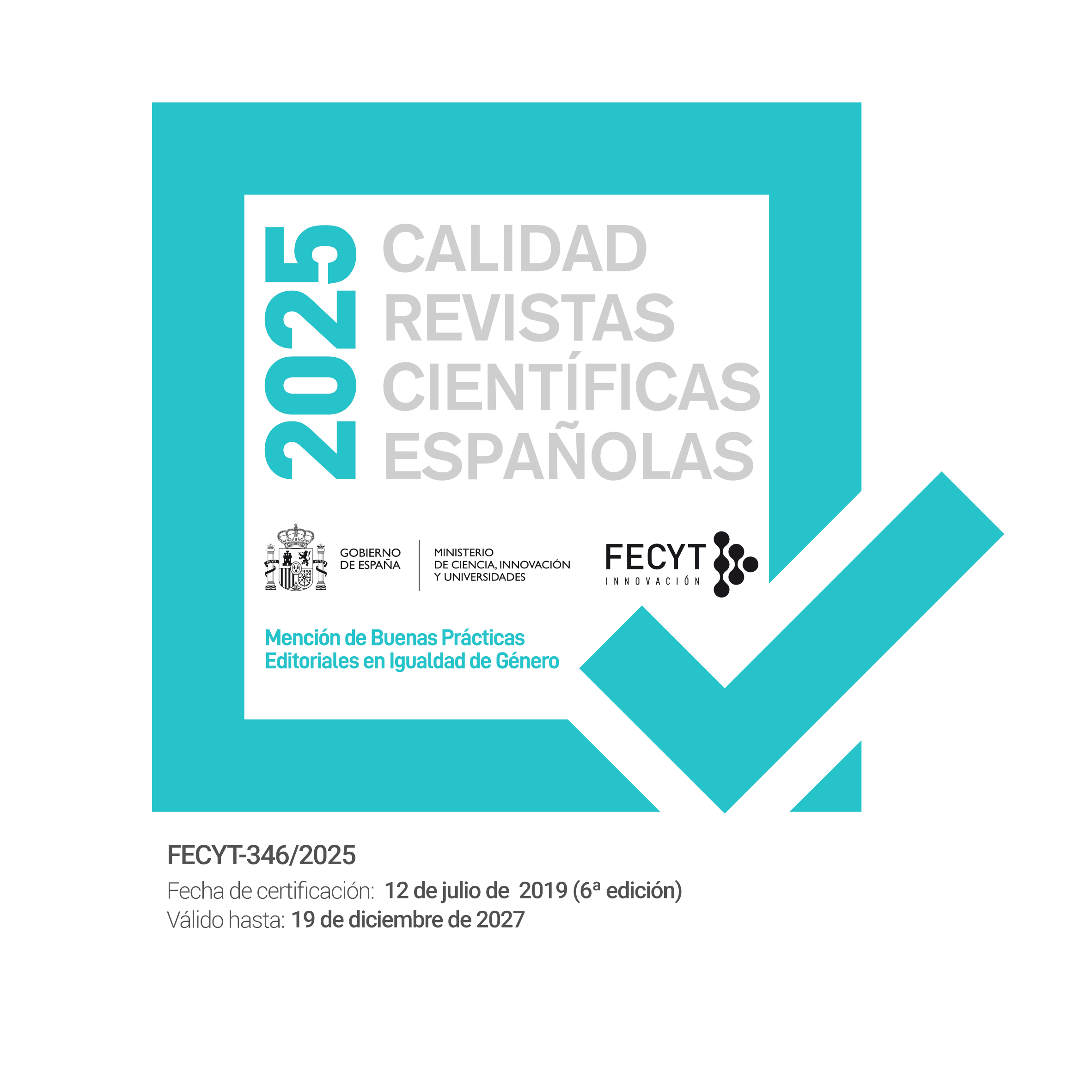Four levels of self-interpretation: A paradigm for interpretive social philosophy and political criticism
Keywords:
identity, political criticism, self-interpretation, social change, social pathologiesAbstract
If we are to find the criteria for critical analyses of social arrangements and processes not in some abstract universalist framework, but from the guiding ‘self-interpretations’ of the societies in question, as contemporary contextualist and ‘communitarian’ approaches to social philosophy suggest, the vexing question arises as to where these self-interpretations can be found and how to identify them. This article presents a model according to which there are four interdependent as well as partially autonomous spheres or ‘levels’ of socially relevant self-interpretation that have to be taken into equally account in order to provide a solid basis for social and political criticism. Thus, it is from the tensions and inconsistencies between (A) social ideas and doctrines, (B) social institutions and practices, (C) individual beliefs and convictions, and (D) body-practices and habits that social pathologies can be identified and possible solutions can be envisaged.
Downloads
Downloads
Published
How to Cite
Issue
Section
License
Copyright (c) 2020 Encrucijadas. Revista Crítica de Ciencias Sociales

This work is licensed under a Creative Commons Attribution-NonCommercial-NoDerivatives 4.0 International License.
Los autores/as conservan los derechos de autor y ceden a la revista el derecho de la primera publicación, con el trabajo registrado con la licencia de atribución de Creative Commons Reconocimiento-NoComercial (CC-BY 4.0), que permite a terceros utilizar lo publicado siempre que mencionen la autoría del trabajo y a la primera publicación en esta revista. Encrucijadas permite y se anima a todas las personas autoras a depositar la versión final publicada en repositorios institucionales o temáticos de acceso abierto, cumpliendo en caso necesario los términos establecidos por la entidad financiadora de la investigación.





